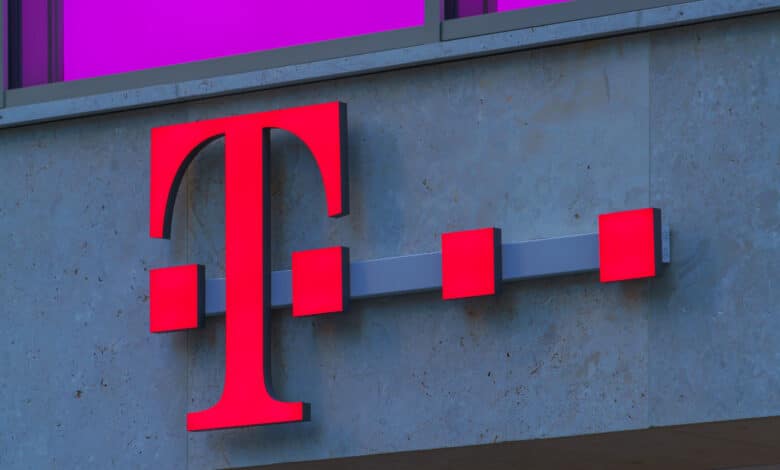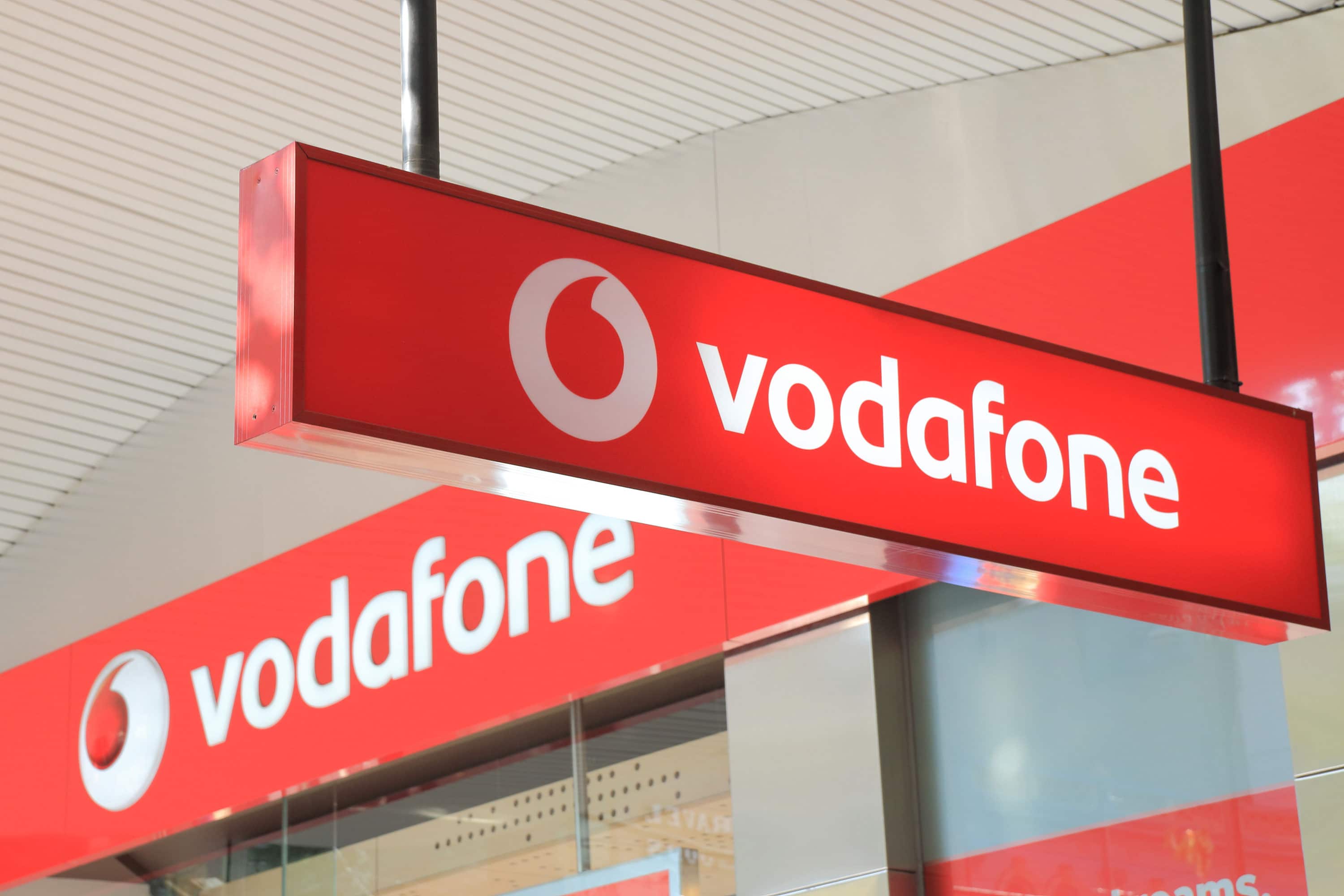
Good news for Telefónica, Telekom, Vodafone and Orange. Following their partly controversial plan to establish a joint advertising platform, the EU has now given its blessing to the project. Now the major telecommunications companies want to start implementing it as soon as possible.
Joint venture of Deutsche Telekom and Telefonica
In the telecommunications sector, there has been relentless competition between big names like Telekom and Telefonica for years. But apparently the two big players in the market seem to want to make common cause with the other top names Orange and Vodafone. At least in one market segment. The plan is to create “a technical platform for digital advertising in Europe. The four partners then want to take care of the operation of the same in the form of a joint company. The four companies presented their plan to the public on Friday, February 10, 2023. In order not to make empty promises, however, they had previously obtained the green light from the relevant authorities.
The successful merger control was made public by the EU itself. From the EU Commission’s perspective, there would probably be no concerns that the joint venture would violate applicable competition law. As part of the notification, which was issued by Deutsche Telekom and others, the four companies also made it clear that each of them will have a 25 percent stake in the venture. The company’s headquarters will then be located in Belgium. On top of that, to prevent partisan action, the newly formed company is to be run by an “independent management under the supervision of a supervisory board appointed by the shareholders.”
Counterweight to Google and Co.
The EU Commission will probably even be pleased about the merger of the four big companies. After all, in the segment of online advertising, large tech corporations from the USA are currently still setting the tone. Google, in particular, has been the blocking leader here for many years. Now there is a chance to set up a real alternative. This should benefit not only advertising partners, who could possibly receive better offers due to the new competition. On top of that, the Commission is pleased about the conformity with EU law. In particular, the General Data Protection Regulation (GDPR) and other fundamental legal requirements have already been incorporated into the concept phase. Consequently, the new joint venture is based on a reliable legal foundation. What can happen if this is not the case is made clear by Google and Meta at regular intervals. For example, as recently as January 2023, Google received a warning letter from the German Federal Cartel Office.
Meta, parent company behind the successful platforms Facebook and Instagram, in turn had to pay a penalty to the Irish data protection authority in the same month. The new platform is then supposed to offer noticeably better data protection, for example. Annoying advertising banners are also to be restricted. The joint venture promises that users will only receive advertising if they expressly agree to it. Since it will probably be some time before the latest version of the Privacy Shield agreed between the EU and the USA comes into force, the new competition for Google and Co. is a real blessing. With the Privacy Shield, which is currently still towards an adequacy decision, the aim is to obtain more data protection for EU citizens. Their data processing in the U.S. is currently still more than questionable under data protection law.
Axel Springer publishing house as test object for Telekom
The advertising platform to be operated by the joint venture is based on “TrustPid.” This is where the strengths of the telecommunications experts come into play. Thanks to the technology, they are able to link customer accounts with telephone numbers. Here, an advertising partner can use a token, of course only at the request of the corresponding customer, and immediately make contact or place an advertisement. If the customer does not want to do this, it should be possible to deactivate the consent quickly and easily via the corresponding website. To ensure maximum data security, Deutsche Telekom emphasizes that the phone number cannot be filtered out of the digital token. A test at the Axel Springer publishing house is said to have proven that the technology works well. The large German publishing house agreed to a test with Telekom and its three partners.
The joint venture was able to impress the EU Commission not only on the issue of data protection. Antitrust law is also said to have given no cause for concern. However, experts had already suspected this in advance. After a detailed examination of the planned establishment of the company, there were no indications that competition would be impaired. Quite the contrary. The fact that there is a new provider for advertisements should help competition to recover a little. After all, no one in Europe has been able to hold a candle to Google and Meta. Accordingly, it is not surprising that the EU Commission does not see any exclusion of other providers. Incidentally, Deutsche Telekom also emphasizes in its communication that it would like to make the possibilities of the new platform available to other network operators as well.
Data collection still a big question mark
In theory, this all sounds wonderful. Nevertheless, there are also isolated voices that view the project somewhat critically. The focus is by no means on competition law concerns. Rather, the issue of data protection plays a major role among the critics. Although the EU Commission emphasized that the new project would also fully comply with the GDPR, data protectionists are particularly concerned about this. After all, it is not yet clear how exactly the necessary customer data will be collected. Even a corresponding consent, as the GDPR actually provides for, is not yet apparent. As things stand at present, it is possible to prevent contact being made at any time in retrospect, but consent is based precisely on the fact that it must be given in advance. As the umbrella organization of consumer protection organizations in Europe, BEUC is calling for greater efforts on the part of the EU Commission in this regard. It is therefore possible that improvements in data protection will follow.




No replies yet
Neue Antworten laden...
Gehört zum Inventar
Beteilige dich an der Diskussion in der Basic Tutorials Community →